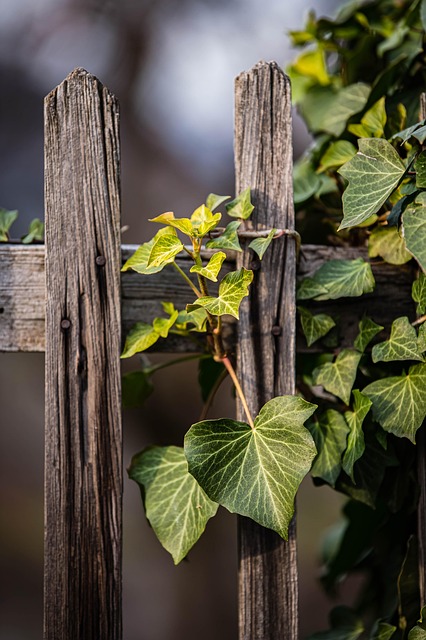In New Bedford, Massachusetts, understanding the unique seasonal challenges is key to maintaining a robust fence. This guide navigates through the year-round care routine, emphasizing the importance of regular cleaning and inspection to prevent extensive damage. We delve into seasonal repairs, offering timely tips for addressing common issues. Additionally, our winterization section equips homeowners with strategies to protect their fences during the cold season, ensuring longevity and preservation against harsh New Bedford climates.
- Understanding New Bedford's Climate for Fence Maintenance
- Regular Cleaning and Inspection: A Year-Round Practice
- Seasonal Repairs: When to Address Issues
- Protecting Your Fence: Winterization Tips for New Bedford
Understanding New Bedford's Climate for Fence Maintenance
New Bedford, Massachusetts experiences all four seasons, with distinct weather patterns throughout the year. Understanding this climate is crucial for effective fence maintenance. Winters can be cold and snowy, requiring fences to withstand freezing temperatures and potential ice buildup. Spring brings a rapid temperature shift, often leading to thawing and refreezing, which can cause stress on wooden fences. Summers are typically warm and humid, increasing the risk of rot and pest infestation if not properly maintained. Falls offer a brief respite from extreme weather but also present challenges like leaves and debris that can accumulate, blocking drainage and potentially damaging fence structures. Regular maintenance tailored to these seasonal changes is essential to ensure the longevity and integrity of fences in New Bedford.
Regular Cleaning and Inspection: A Year-Round Practice
Regular cleaning and inspection should be a year-round practice for fence maintenance in New Bedford, Massachusetts. Throughout the year, leaves, dirt, and other debris can accumulate on your fence, damaging its finish and structure if left unattended. Spring is an ideal time to start with a thorough cleaning using mild soap and warm water to remove any built-up grime.
Inspecting your fence at least twice a year—once in spring before the busy season and once in fall after the leaves have fallen—is crucial. Look for signs of rot, rust, or damage caused by wildlife. Regular inspections enable you to catch potential issues early, preventing them from becoming costly repairs.
Seasonal Repairs: When to Address Issues
In New Bedford, Massachusetts, with its ever-changing seasons, fence maintenance is an ongoing task. Seasonal repairs are crucial to ensure your property’s protection throughout the year. The best time to address fence issues is during the spring or early fall when weather conditions are more moderate. During these periods, you can inspect your fence for any damage caused by winter storms or extreme heat and make necessary repairs before the next severe season.
Regular seasonal maintenance involves checking for loose or damaged boards, rusted posts, and weak hinges. Promptly fixing these issues not only improves the overall appearance of your fence but also prevents further deterioration. Remember, ignoring small problems can lead to more extensive and costly repairs later on.
Protecting Your Fence: Winterization Tips for New Bedford
To protect your fence during the winter months, it’s essential to take preventive measures to ensure its longevity. In New Bedford, Massachusetts, where winters can be harsh, preparing your fence for the cold season is crucial. Start by cleaning the fence thoroughly, removing any debris, leaves, or dirt that might trap moisture. This step prevents rotting and rusting, which are common winter-related issues.
After cleaning, apply a layer of high-quality waterproof sealant to the fence’s surface. This barrier protects against freezing temperatures and snow, preventing water damage. Additionally, consider insulating vulnerable areas with foam or plastic covers, especially if your fence includes wooden components. These simple steps will go a long way in safeguarding your fence from potential winter damage.
